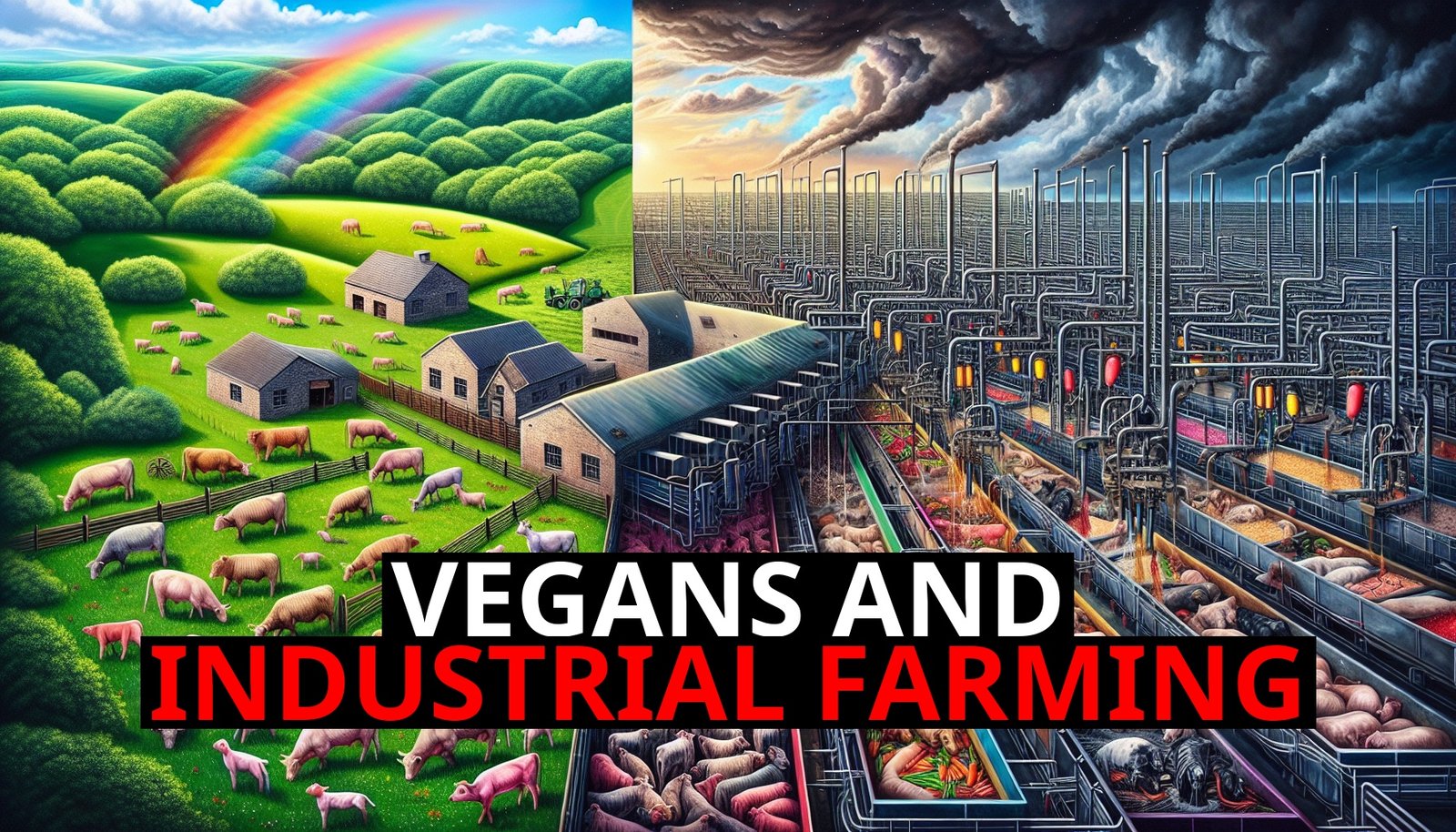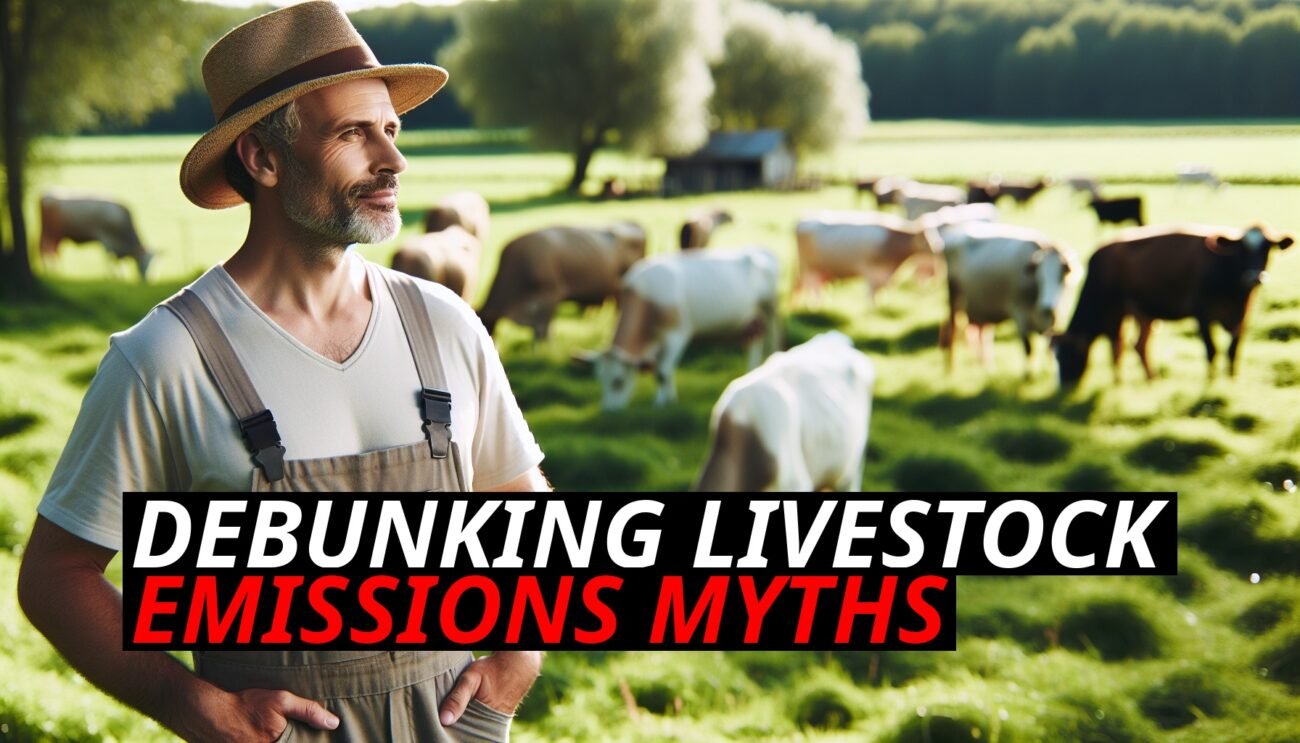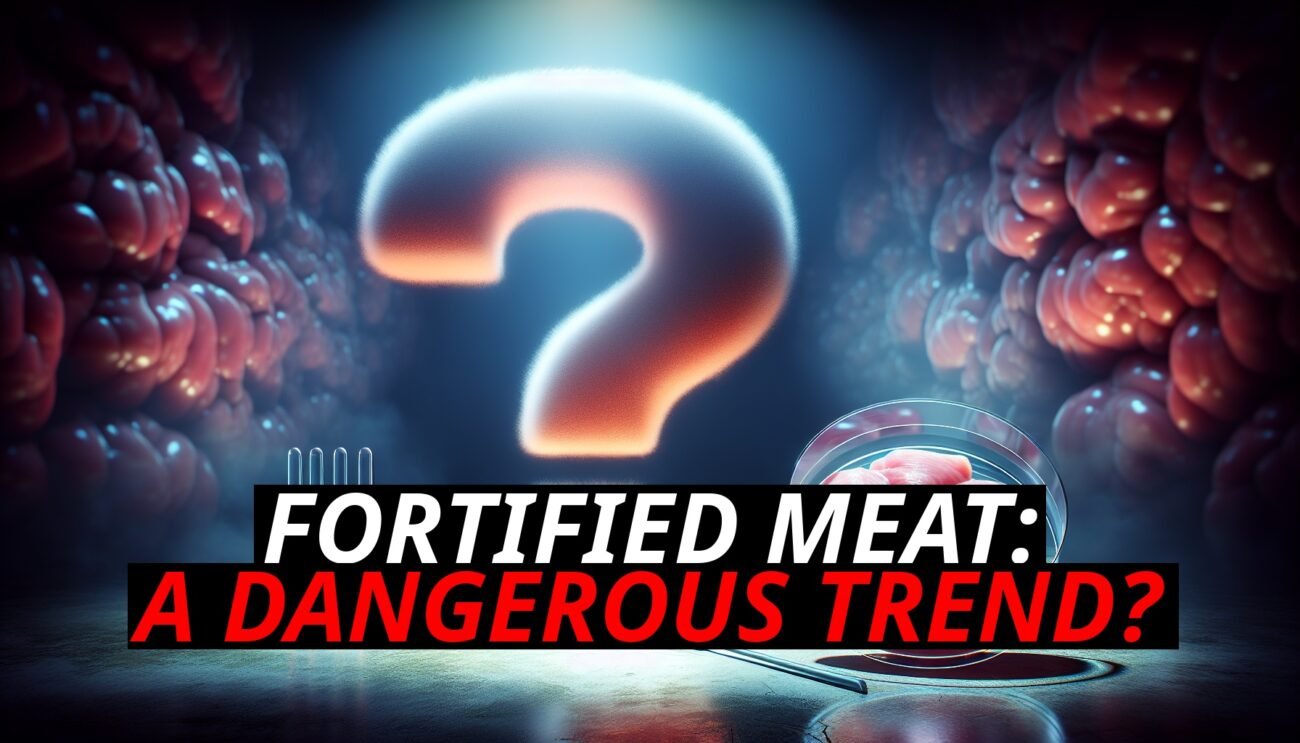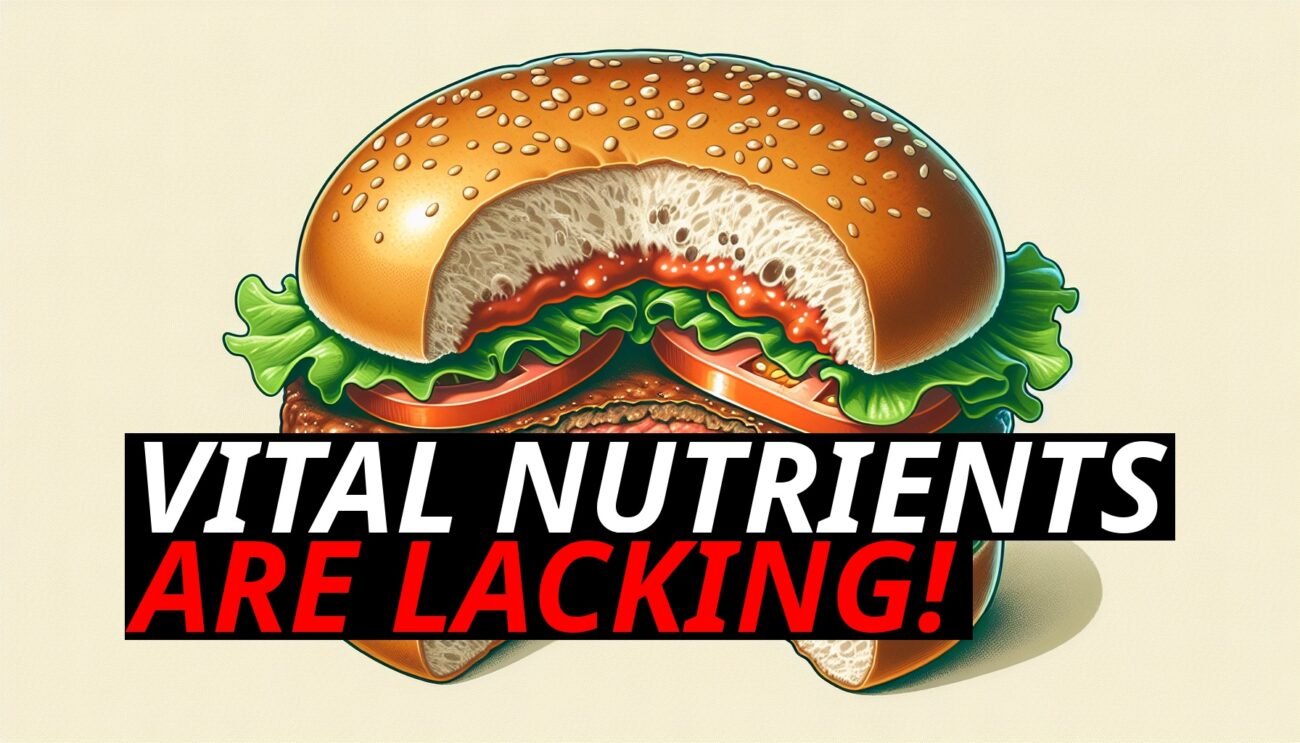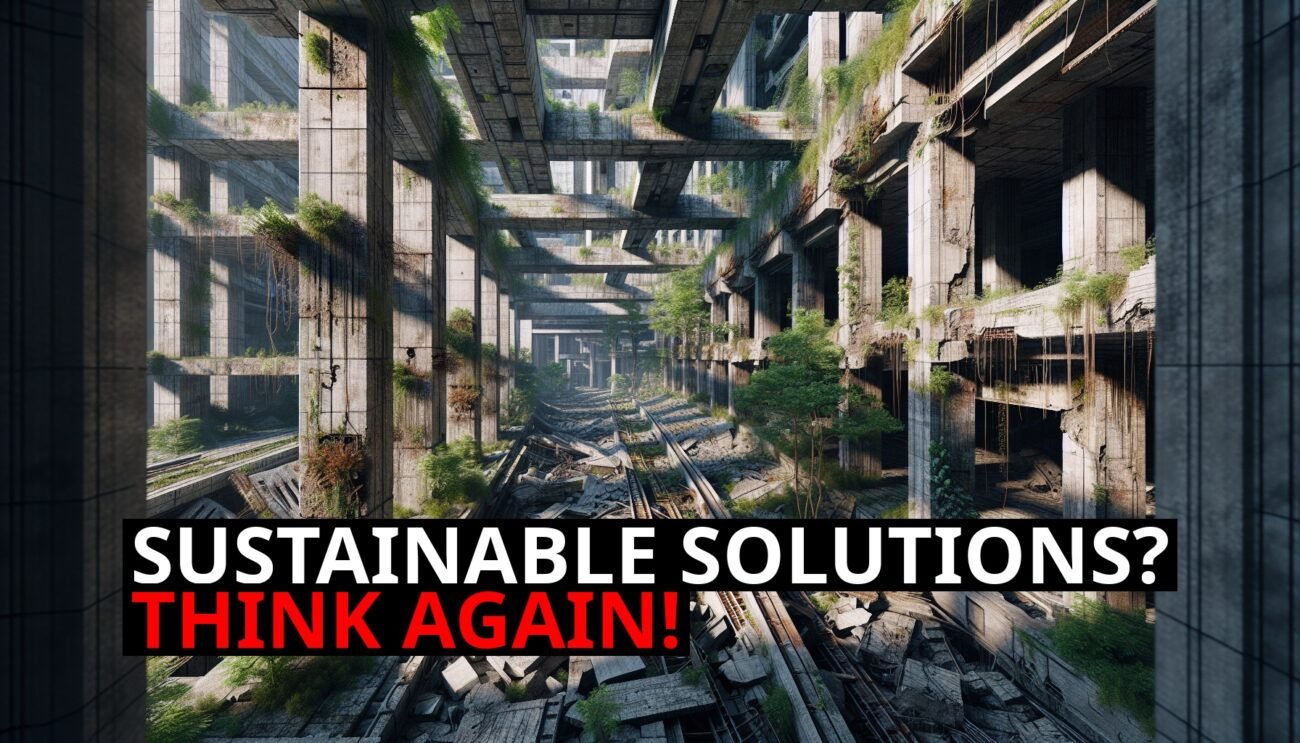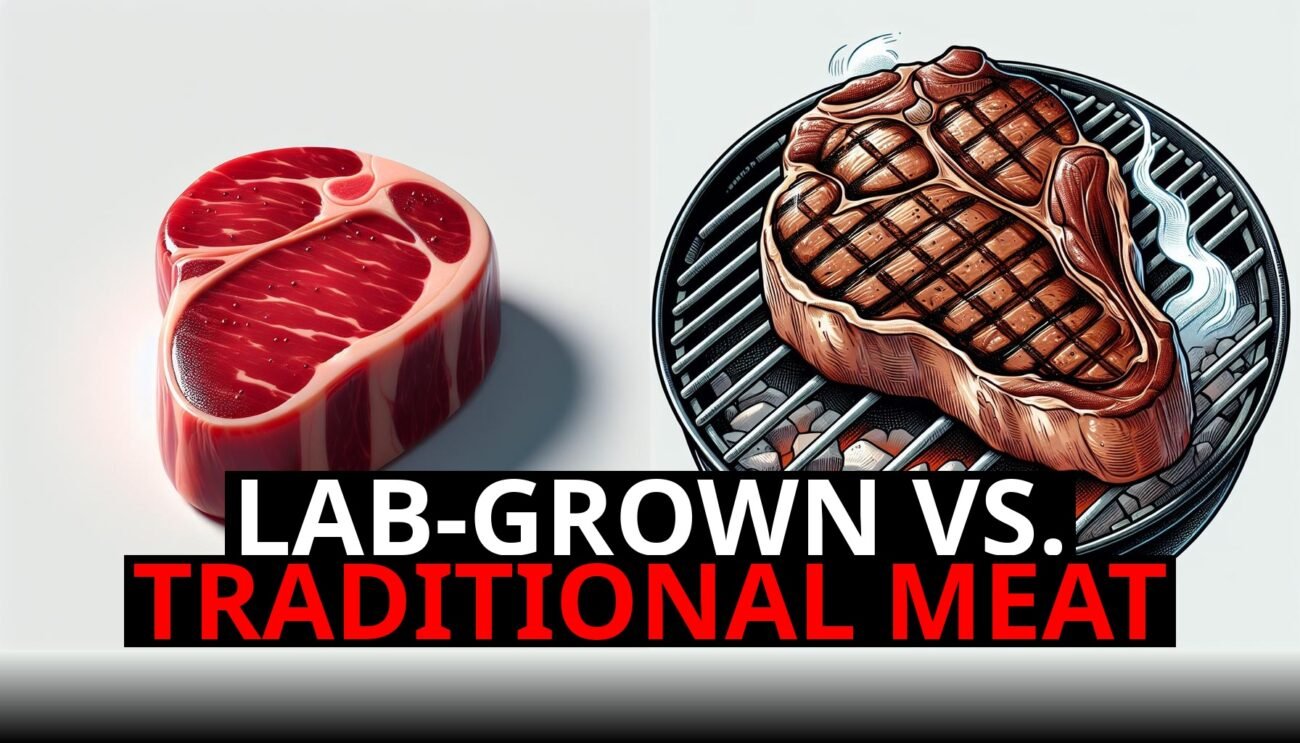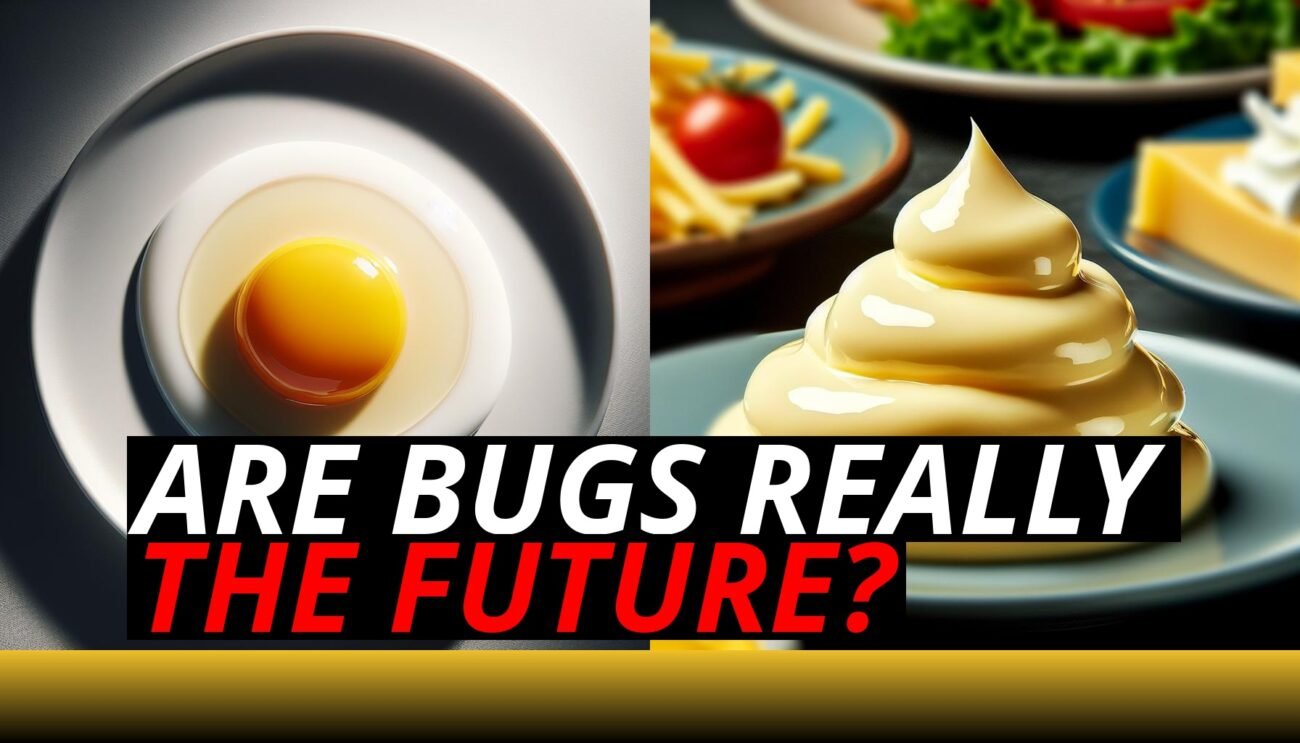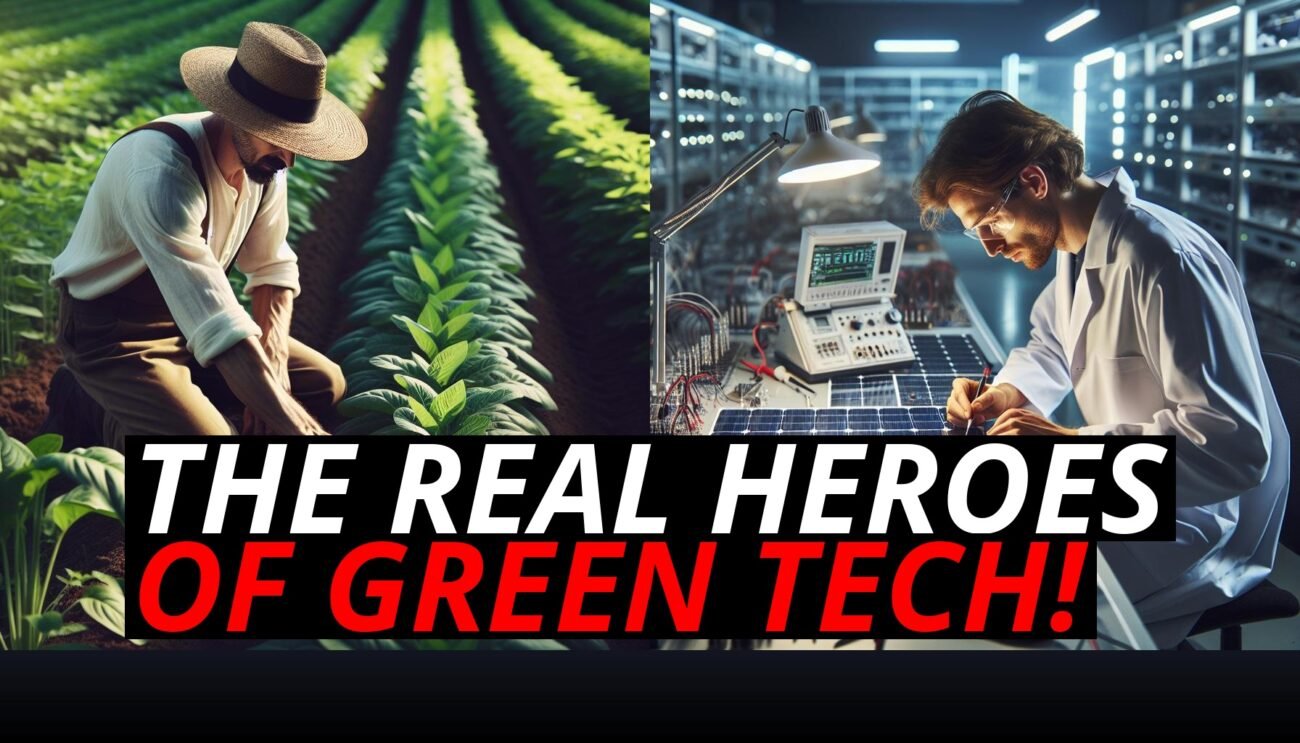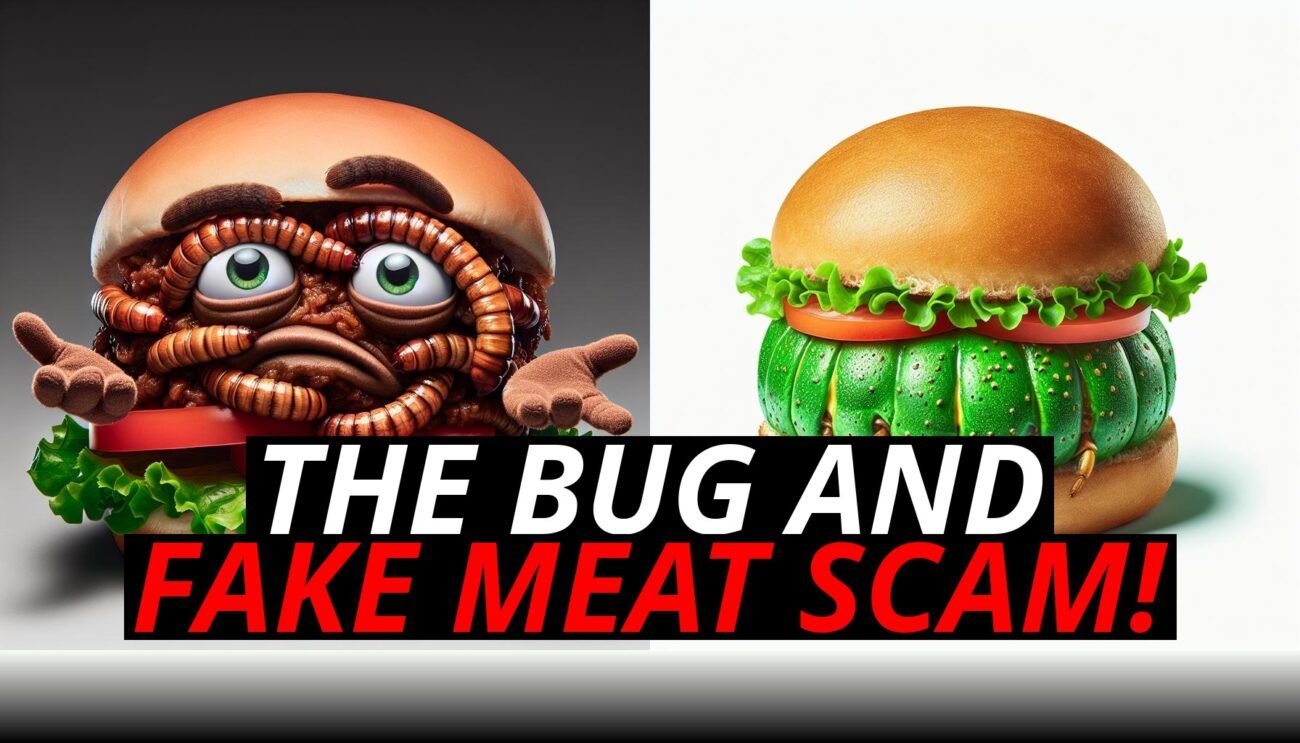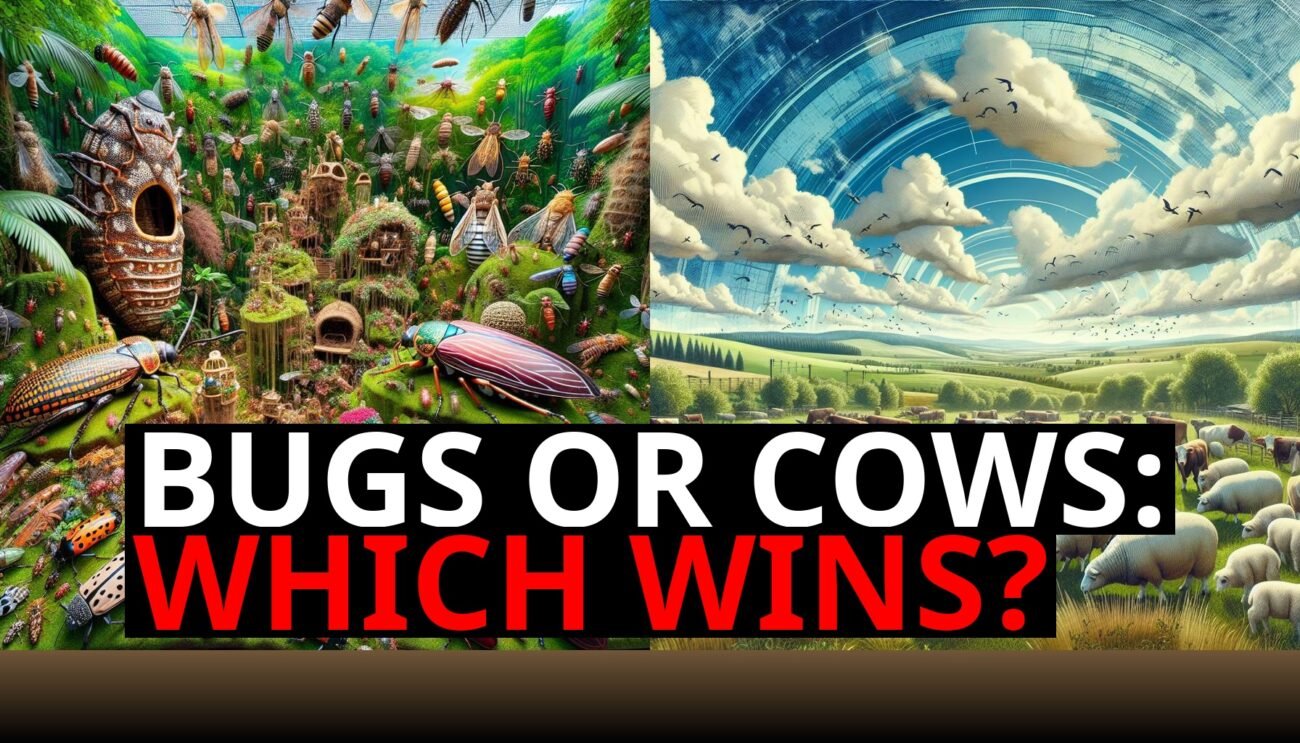Veganism is often celebrated as the ethical choice for those concerned about animal welfare and the environment. With the promise of cruelty-free and eco-friendly living, veganism presents itself as the moral high ground in our quest for a better planet. But beneath the surface, there’s a contradiction that few talk about: the environmental and ethical impacts of the very system that sustains plant-based diets—industrial crop farming. While vegans focus on reducing harm to animals, the truth is that large-scale farming practices may cause more damage than they realize. Let’s explore how ethical veganism overlooks the hidden costs of industrial agriculture.
The Hidden Consequences Of Monocropping: Soil And Ecosystem Destruction
One of the major blind spots in the ethical vegan argument is the environmental devastation caused by monocropping—the practice of planting vast fields of a single crop, such as soy, corn, or wheat, year after year. Monocropping is a hallmark of industrial farming and is essential to produce the large quantities of plant-based foods and ingredients used in vegan products.
But this method of farming comes at a significant cost. By planting only one type of crop, monoculture farming strips the soil of its natural nutrients, leading to soil degradation and the need for chemical fertilizers. Over time, the soil loses its ability to support life, becoming dry, nutrient-poor, and vulnerable to erosion.
The impact doesn’t stop at the soil. Monocropping reduces biodiversity, which is vital for maintaining healthy ecosystems. By converting vast areas of land into monoculture farms, we destroy the habitats of countless animals, insects, and plants. This loss of biodiversity disrupts natural ecosystems, leading to the decline of species and increasing the risk of pest infestations—which only results in even more chemical intervention with pesticides.
While veganism champions itself as a movement to protect the planet, the reality is that the industrial farming practices behind many plant-based products are eroding the very ecosystems they aim to preserve.
Animal Deaths In Crop Production: An Overlooked Tragedy
One of the most compelling arguments for veganism is the desire to reduce animal suffering. But what many vegans don’t realize is that industrial crop farming is responsible for significant animal deaths—and not just insects. The large-scale machinery used in planting and harvesting crops inevitably kills small animals, such as rodents, rabbits, birds, and even deer, who live in or around crop fields.
In addition to direct deaths from machinery, the heavy use of pesticides and herbicides in monocropping further contributes to animal suffering. These chemicals poison and kill animals that come into contact with treated plants or contaminated water sources. For example, birds that feed on insects in crop fields are at risk of ingesting toxins, leading to illness or death.
While the number of animals killed in crop production might not be as visible as those in factory farms, the suffering caused by industrial farming is undeniable. Ethical veganism often focuses solely on the harm caused by animal agriculture while ignoring the widespread damage inflicted by industrial crop farming on wildlife and ecosystems.
The Carbon Footprint Of Crop Farming: It’S Not Just About Meat
Another major ethical argument in favor of veganism is the idea that plant-based diets have a smaller carbon footprint than meat-based diets. However, this narrative is often based on comparisons between industrial livestock farming and industrial crop farming, with little regard for the nuances of sustainable farming practices.
Large-scale monocropping requires vast amounts of fossil fuels to operate machinery, transport crops, and manufacture synthetic fertilizers and pesticides. These inputs significantly contribute to greenhouse gas emissions, offsetting some of the supposed environmental benefits of plant-based foods.
In contrast, sustainable livestock farming methods, such as regenerative agriculture, can sequester carbon in the soil, reduce erosion, and restore biodiversity—all while producing nutrient-dense animal products. By focusing on ethical farming practices that work with nature, rather than against it, sustainable meat production can have a positive impact on the environment—something that industrial plant farming struggles to achieve.
Ethical vegans often overlook this fact, assuming that all animal farming is environmentally destructive. But when done right, sustainable animal farming can help heal the planet, while industrial crop farming continues to deplete its resources.
The Industrial Complex Behind Vegan Products
Many popular vegan products, such as fake meats, dairy-free cheeses, and plant-based snacks, are highly processed and heavily reliant on industrial farming systems. These products may look like ethical alternatives to animal-based foods, but their environmental and ethical costs tell a different story.
Producing fake meat products, for instance, often involves growing vast amounts of soy or pea protein—both of which are commonly grown in monoculture systems. Once harvested, these crops undergo extensive processing to create meat substitutes that mimic the taste and texture of real meat. This processing requires significant energy and resources, leading to a product that is far from natural or sustainable.
By contrast, whole animal products like grass-fed beef, pasture-raised eggs, and raw milk are minimally processed and come from farming systems that can support biodiversity, improve soil health, and contribute to local ecosystems. While these products are often dismissed by vegans as unethical, their production methods align more closely with the principles of sustainability than the highly processed, industrialized foods that fill the vegan market.
A Narrow View Of Ethics: Why The Bigger Picture Matters
The ethical argument for veganism tends to focus on the immediate harm caused by factory farming and animal slaughter. While these concerns are valid, they represent a narrow view of what it means to make ethical food choices. When we zoom out and consider the broader environmental and ethical impacts of the food system, it becomes clear that industrial farming, whether for plants or animals, is unsustainable.
True ethical eating means considering the entire life cycle of the food we consume—from how it’s grown to its impact on the soil, water, wildlife, and local communities. In many cases, sustainably raised meat and dairy products offer a more holistic approach to food production, addressing both environmental health and animal welfare in ways that industrial crop farming cannot.
Conclusion: Rethinking The Ethics Of Veganism
While veganism is often seen as the ultimate ethical choice, it’s important to recognize the contradictions in its reliance on industrial farming. From the destruction of ecosystems and soil health to the hidden toll on wildlife, the environmental and ethical costs of large-scale crop farming are significant.
Instead of focusing solely on eliminating animal products, we need to have a more nuanced conversation about how our food is produced—one that includes the benefits of sustainable farming practices that work in harmony with the environment. By broadening the scope of ethical eating, we can move toward a food system that truly supports the planet and all of its inhabitants, both human and animal.

